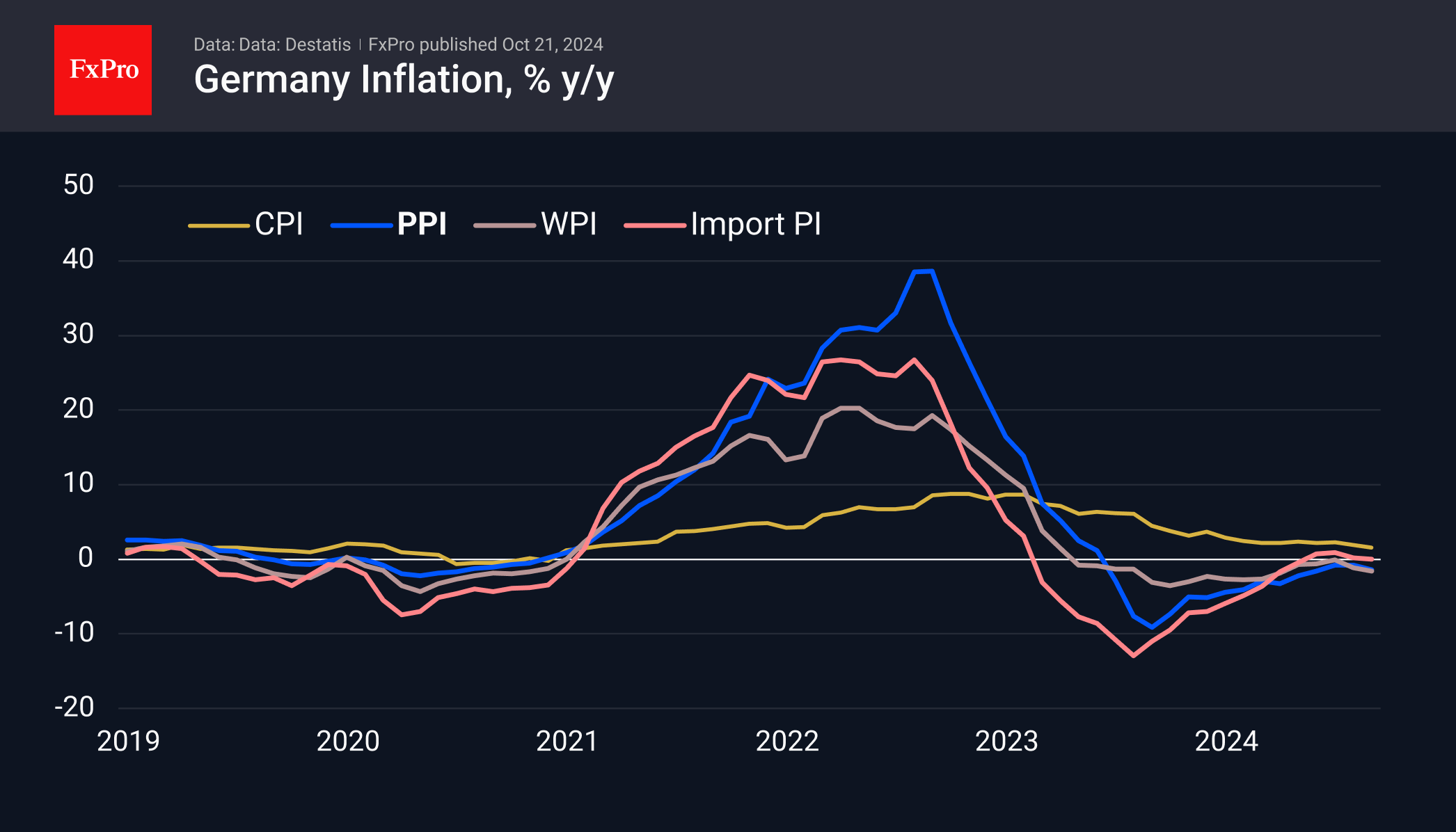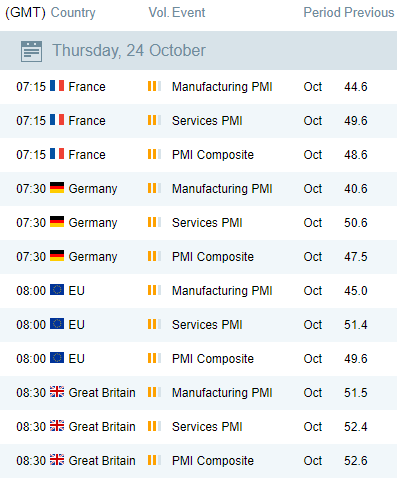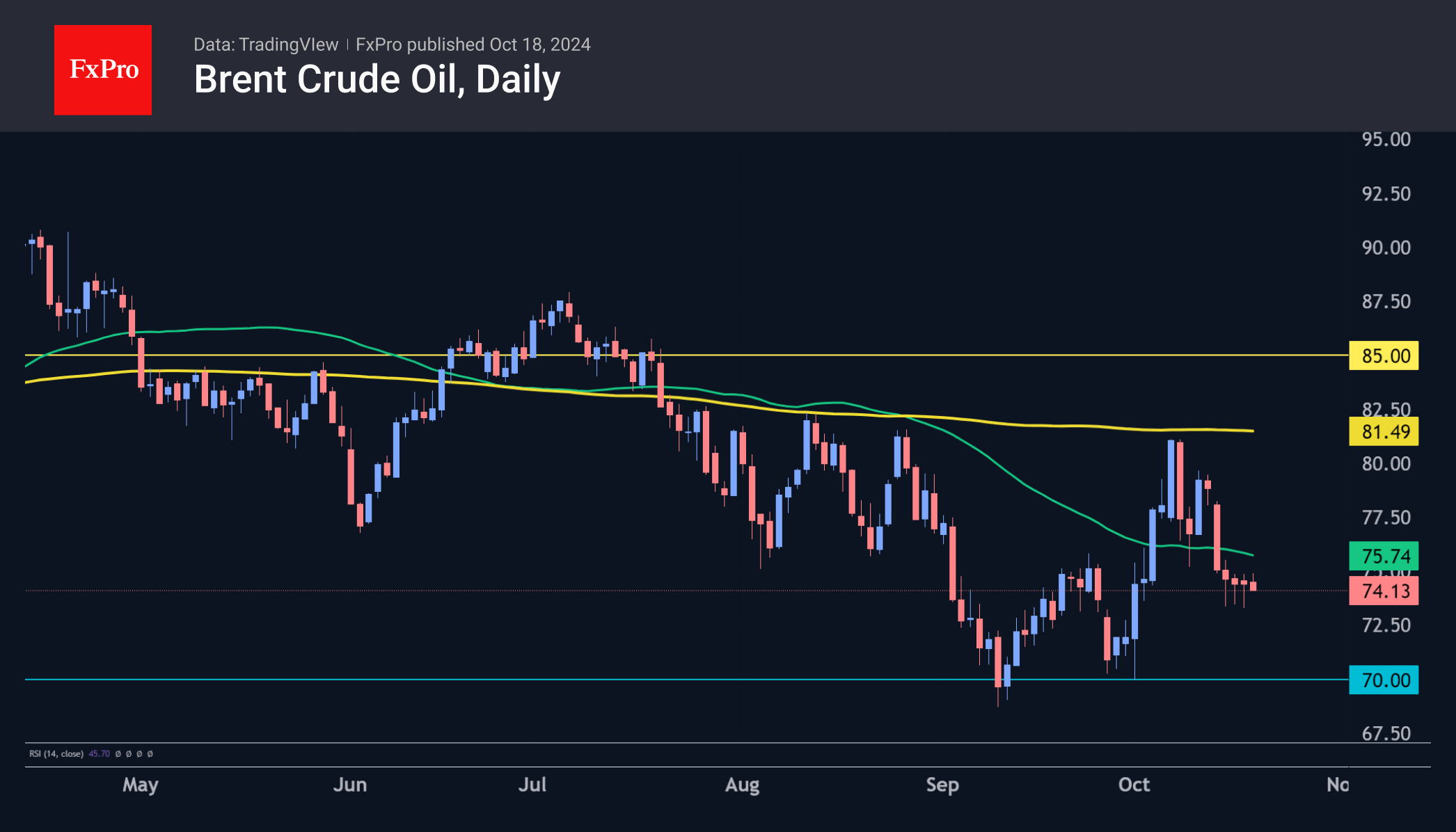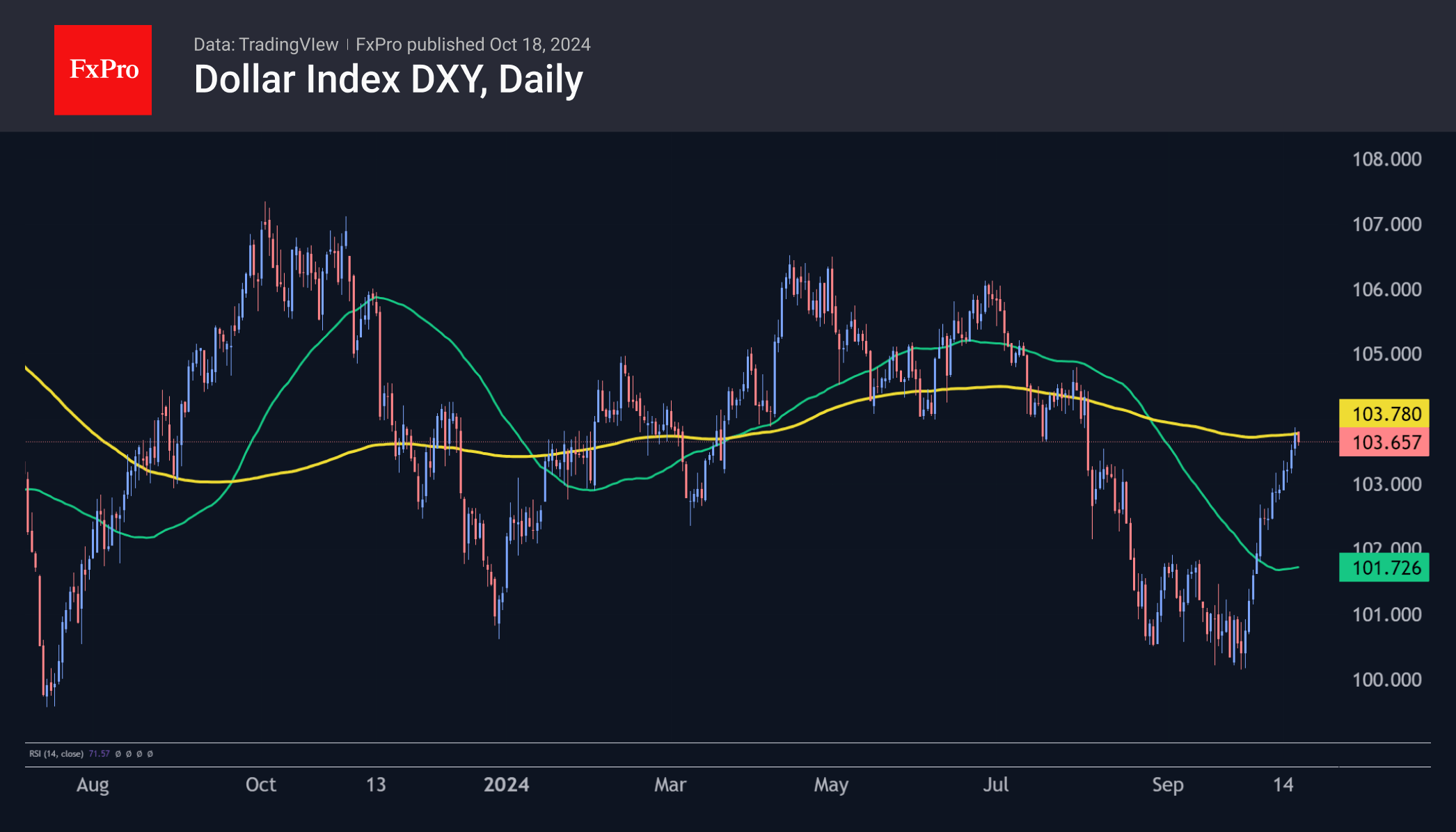OnlyFans Shows How the Banking System Is Politicized
August 31, 2021 @ 22:25 +03:00

Recently, the noted content subscription service, OnlyFans, announced a move away from sexual content. Specifically, the platform announced a ban on explicit and sexual content (while still permitting some more innocuous nude content). The move raised eyebrows; OnlyFans banning sexual content is like a lion announcing its intent to become a vegan or soccer star Lionel Messi banning his left foot. Sexual content is quite simply OF’s raison d’être.
According to the platform’s founder Tim Stokely, blame lies with major banks such as Bank of New York Mellon. “The change in policy, we had no choice,” Stokely revealed to the Financial Times. “The short answer is banks.”
The platform later reversed itself, stating that it had “secured assurances necessary to support our diverse creator community,” suspending the planned policy change. But the complete pivot, though subsequently walked back, was startling. How could payment processors or banks cause a platform largely used for sexually explicit purposes to renounce its entire business model, even if temporarily?
Anyone who is vaguely familiar with payment processing will not be remotely shocked by the episode. Sex-related internet platforms have been targeted for financial exclusion for the better part of a decade. While the government cannot, under the First Amendment, ban perfectly legal industries like adult entertainment, it can encourage banks (and by extension, payment processors) not to support those industries. That banks are effectively extensions of the state. They have sole access to Federal Reserve master accounts, are highly regulated and own extremely scarce bank charters. That all means that the government can make policy through banks without passing laws.
Far from the narrative being spun by liberals about the OnlyFans episode being further evidence of a radical, Puritan agenda being imposed by wannabe Christian theocrats, the identification of pornography as a “high-risk” industry began with a shadowy Obama-era program known as Operation Choke Point.
The approach was simple: The Department of Justice, in conjunction with the Federal Deposit Insurance Corp. (FDIC), realized around 2012 it could exert pressure on politically disfavored industries under the guise of eliminating fraud. The approach involved threatening banks with expensive and reputation-damaging investigations and subpoenas if they failed to coerce payment processors providing services to these industries into cutting them off.
Through Choke Point, the DoJ and FDIC deputized banks and turned them into an enforcement arm of the government. That approach was and remains legally questionable. Critics questioned the DoJ’s standing to pressure banks to redline whole industries without establishing actual legal malfeasance.
OnlyFans Shows How the Banking System Is Politicized, CoinDesk, Sep 1








 GBP | BOE Governor Andrew Bailey Speaks
GBP | BOE Governor Andrew Bailey Speaks